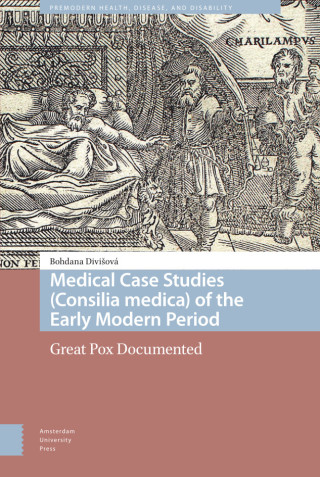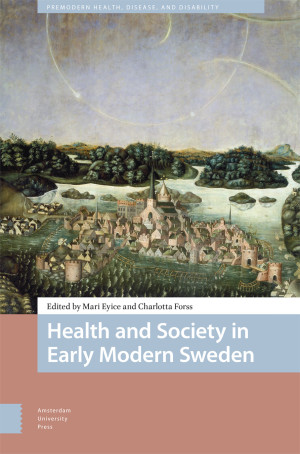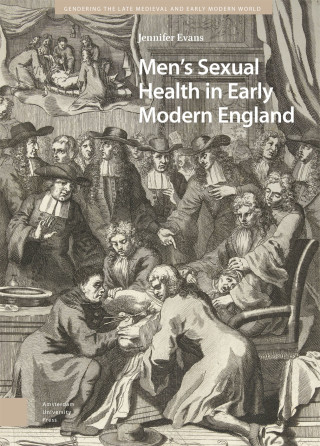The understanding of what health is and how it can be maintained has changed through history. Questions like who can perform healing? and what sort of bodies are considered healthy? have elicited widely divergent responses in different societies. This volume explores how health was understood and practiced in the early modern Nordic region, with a focus on Sweden, including Finland. The chapters examine topics such as the dyslexia of Charles XI, lay perceptions of bodily and mental variability, and the health benefits attributed to using the sauna. Together, the essays give a holistic view of how practices of health evolved in close symmetry with societal institutions and localised worldviews. As such, the volume is a timely intervention into the social history of medicine, contributing to the historicisation of health as a concept and shedding light on developments in the Nordic world.





